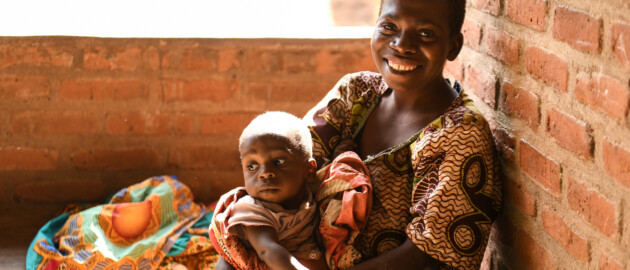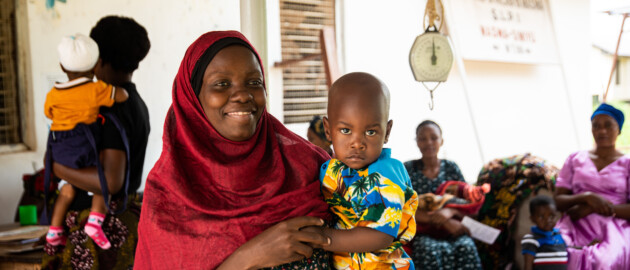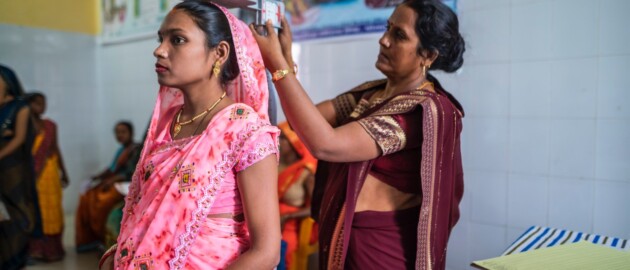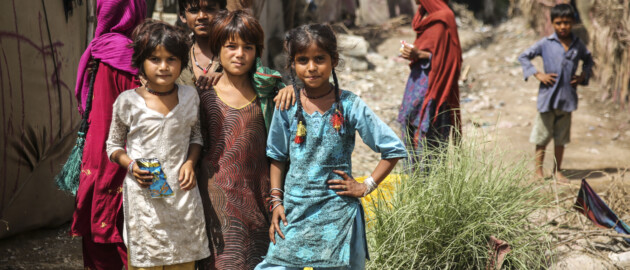Micronutrient deficiencies have a negative impact during rapid growth periods, such as during infancy, childhood, adolescence and pregnancy, when the body has a higher demand for micronutrients.
Iron deficiency can lead to anaemia, cognitive impairment and complications during pregnancy and birth. Folate deficiency can result in babies born with neural tube defects. Vitamin A deficiency can lead to lower immunity and blindness. Iron, folate, and vitamin A deficiencies can be prevented by foods rich in these nutrients.
For some populations, insufficient access to nutrient-rich foods is made worse by disease and inadequate access to healthcare and sanitation. Solving these issues is a complex and long-term undertaking. However, in the short term, many lives can be saved and improved through supplementation.




